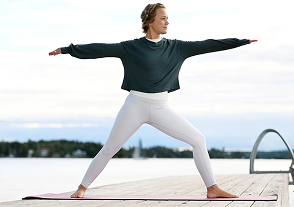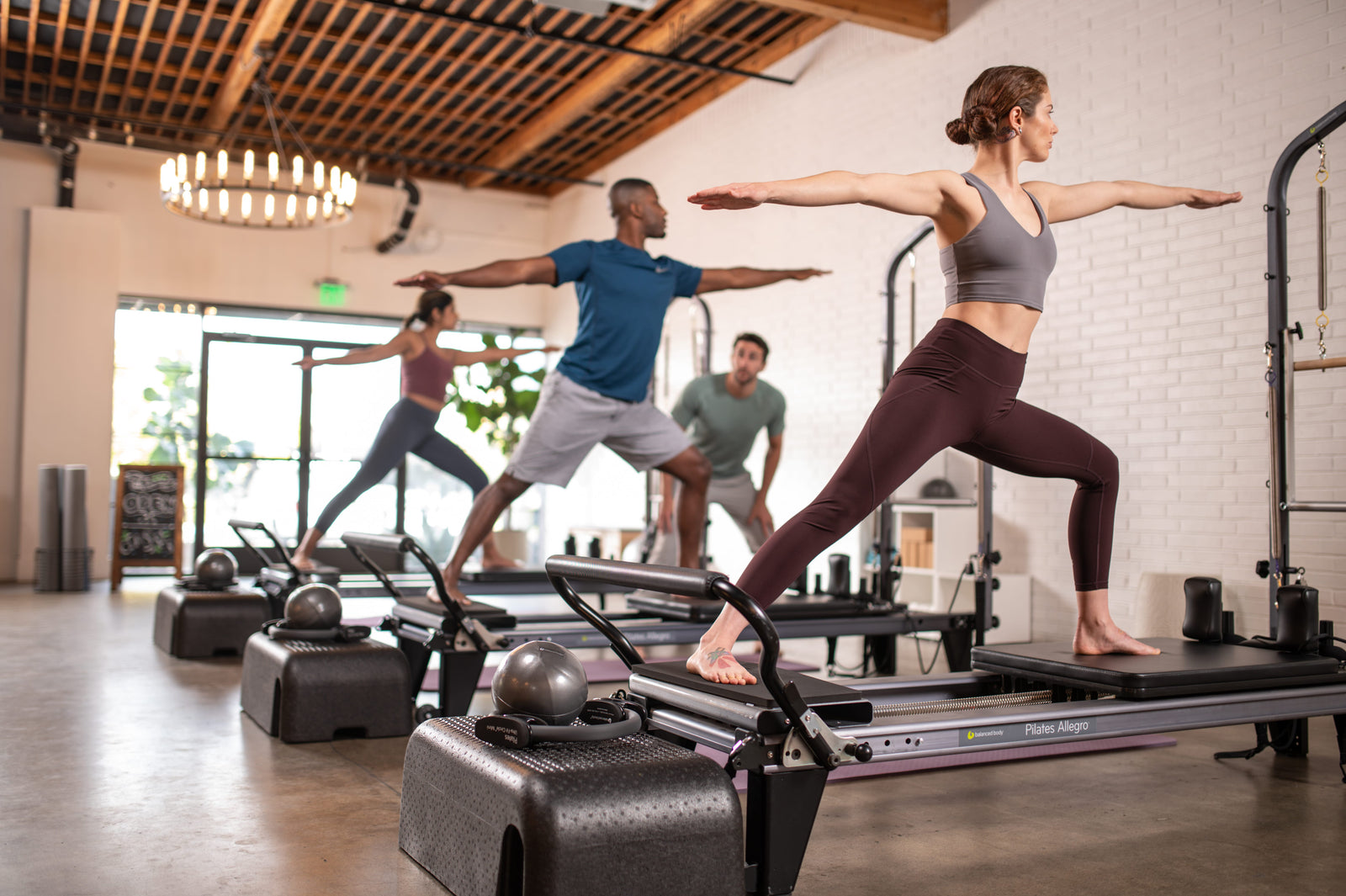Scientists agree: we are losing our balance more and more. This has fatal consequences, because people who don't have a good sense of balance are more likely to fall. Older people in particular are up to three times more likely to fall if they have poor balance. In times of demographic change, when the population group of very old people is growing the fastest in the world, we can expect this problem to increase.
Studies are showing more and more clearly that we are increasingly losing our sense of balance. The rampant lack of exercise is throwing us off balance, leading to more falls. And it's not just the body that suffers from too little exercise, it also affects our mental abilities. According to the Swiss Council for Accident Prevention (BFU), almost 280,000 people are injured by falls every year in Switzerland alone. Of these, 1,680 die as a result - 40% more than ten years ago. Preventing falls is therefore important for both the individual and our healthcare system.
Our sense of balance - a complicated matter
The sense of balance is extremely complex and is not limited to just one organ. The eyes are responsible for the spatial perception of the environment: up, down and angle. The organ of balance in the inner ear is even more important. Three semicircular canals report the position in space to the brain, as well as information about gravity and the acceleration of the head. The organ of balance and the eyes are constantly coordinating. We also need information from the muscles in order to stay in balance. Sensory organs in the musculoskeletal system, especially in the fascia, tell the brain what position the head and body are in. A stable sense of balance is created when all sensors interact perfectly and without contradiction.
Train better balance
Children and older people fall the most (1). Children are still developing their balance. The sense of balance is already stimulated in the womb by the mother's continuous movement. The more active young children are, the better their balance develops. Without training, the sense of balance steadily declines from the age of 20, so that it is already degraded again in older people.
For this reason, an intergenerational playground has been created in Schützenmattpark in Basel on a scientific basis. It is intended as a meeting place where both groups can come together and develop both balance and strength in a playful way. The course was initiated by the Hopp-La Foundation in collaboration with Lukas Zahner, Professor of Movement and Training Science at the University of Basel.
This joint training, which was scientifically supervised by Dr. Alice Minghetti from the University of Basel, also benefits both groups psychologically and socially. Senior citizens who exercise with children have a better/higher quality of life and their well-being also improves as a result. They even have advantages over seniors who exercise alone when it comes to coping with pain.
Better balance = better mental abilities
Training balance and equilibrium also has cognitive effects, as many areas in the corresponding structures in the brain are mutually involved. According to Dr. Sebastian Ludyga, who conducts research in the field of sports and health education at the University of Basel, it is clear that mental performance improves - especially in children who have deficits such as ADHD.
But the reality is different: More and more children are mutating into "couch potatoes" and spending their time playing computer games. Here, too, there are various approaches to counteract the lack of exercise. The startup "Sphery" in Zurich, for example, has developed a game that trains balance, fitness and the mind at the same time. The development of the game was also scientifically monitored and the measurements showed that the children were more attentive, faster and more precise in their responses.
Preventing falls with training
There are also effective ways for older people to train their balance and thus prevent falls: Exercise programs at home, functional exercises in everyday life, multimodal interventions with balance and strength exercises or Tai Chi.
Other promising approaches are exercises on a stepper - they prevent around 50% of falls (2), exergaming, i.e. game-based training (3), e.g. with Treax pads, and reactive training (4). More evidence-based exercise interventions (5,6) are also useful in care facilities to maintain function and reduce the risk of falls.






